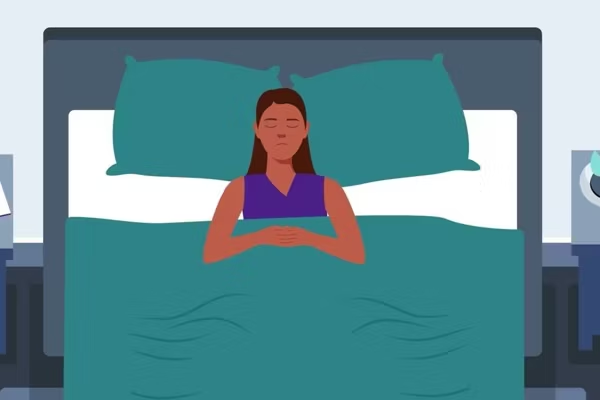If you have nasal polyps, you know that treatment is important for quality of life.
Getting health insurance to cover treatment
Health insurance coverage varies, so you always need to check your policy for specifics. Health insurers may require you to meet certain criteria or conditions, such as:
- Medical necessity – Showing that nasal polyps are harming your health.
- Step therapy – Trying the least expensive treatments first and showing that they didn’t work.
- For example, you may have to try steroids before you can get a biologic drug or approval for surgery.
- Prior authorization – Getting approval for certain treatments, services or prescriptions to be covered by insurance.
- Approval is usually based on medical necessity, safety and cost. Your healthcare provider (HCP) will submit the prior authorization request.
- Other conditions – You may only be able to get approval for a biologic drug if you meet certain conditions, like you’re also taking a steroid.
Potential pitfalls
Your health plan may not cover nasal polyp treatment for the following reasons:
- They don’t believe treatment is medically necessary >> You may have to show you have struggled with symptoms for at least 12 weeks.
- You haven’t tried other medicines and failed to get better >> They may make you try certain approaches first (such as steroids) before they’ll approve other approaches, such as surgery or other medications (such as biologics).
- They believe the treatment is cosmetic >> Make sure the request for coverage focuses on the impact of polyps on your breathing or other health issues.
- Your surgeon or facility is not in network >> You will likely have to see a participating HCP for your health plan to cover surgery
Don’t give up
- Health insurers often deny the first request for approval. If you need treatment for a medical reason, don’t give up. You may win if you work with your healthcare provider to file an appeal with more evidence about why you need it.
What to look for in your health plan
- Copayments and coinsurance – Check the cost-sharing rules on your plan. You may pay a flat fee (copay) or a percentage of the total cost (coinsurance) of treatment. If you have a deductible, you may have to meet the deductible before your insurance will start paying.
- Covered drugs – You can find out what drugs are covered under your plan in the preferred drug list or “formulary.” It will show you what you have to pay out of pocket for the medications.
- Prior authorization and other rules – Make sure you understand which drugs or services require approval from your health plan. Have your HCP help you request approval.
- Provider network – Check the list of participating providers in your area.
This educational resource was created with support from Sanofi and Regeneron.
From Your Site Articles
- Type 2 Inflammation and Nasal Polyps ›
- Nasal Polyps 101 ›
- Clinically Speaking: Questions and Answers About Nasal Polyps ›
- Nasal Polyps and Type 2 Inflammation - HealthyWomen ›
- Los pólipos nasales y la inflamación tipo 2 - HealthyWomen ›
- WomenTalk: Nasal Polyps - HealthyWomen ›
- Questions and Answers about Living with Nasal Polyps - HealthyWomen ›
Related Articles Around the Web








